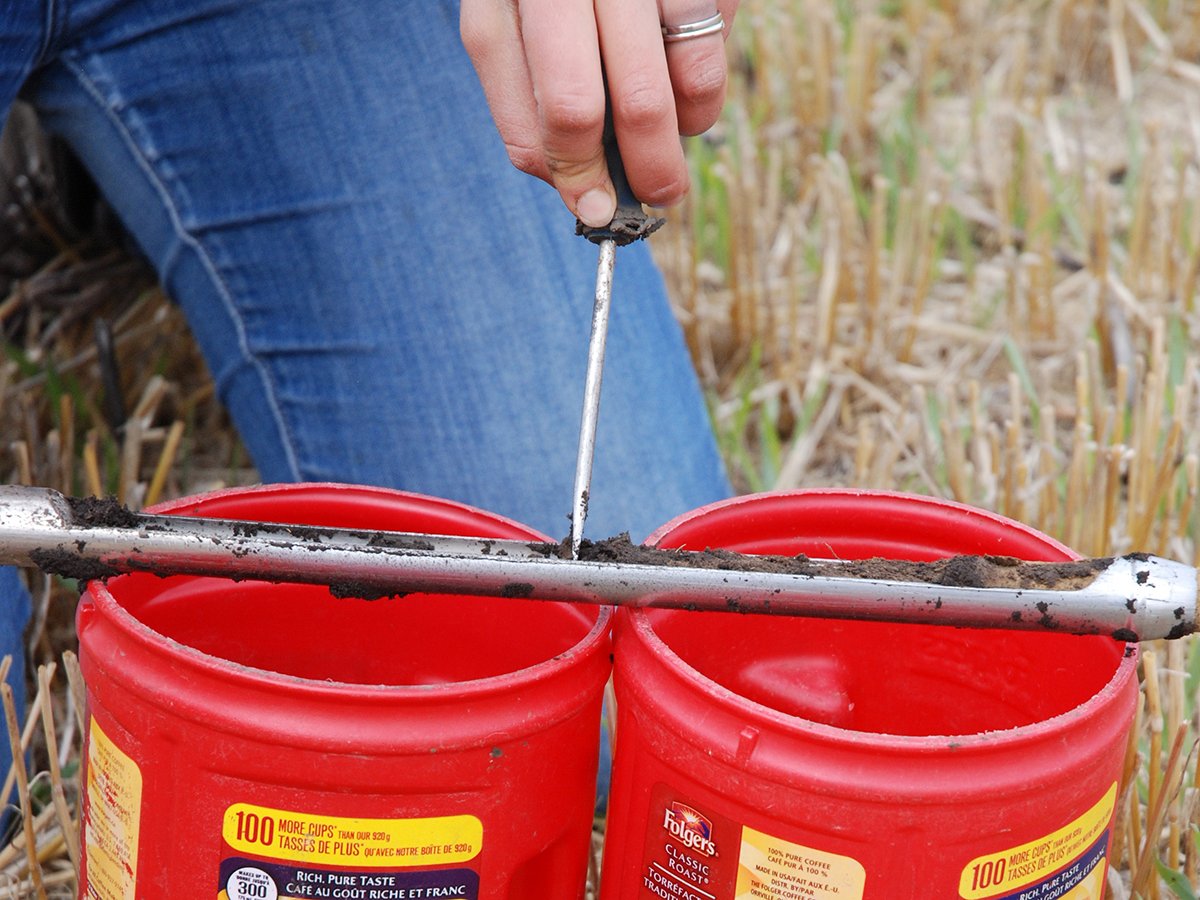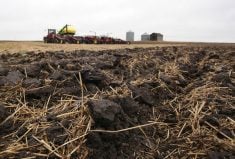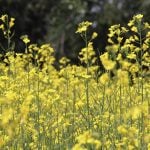An intervention by Canada’s agriculture minister has stopped a guillotine chopping off this summer’s canaryseed exports to Mexico.
But it’s only a temporary reprieve, canaryseed exports are still on the block and no one knows whether trade will be cut Sept. 15, said trade expert Carl Potts of Pulse Canada.
That also leaves the situation uncertain for other Canadian crops that are exported to Mexico, including canola and wheat, because shipments of those would also run afoul of any zero tolerance policy for weed seeds placed on them.
Read Also

Federal government supports soil health strategy
Sophie Beecher, director general at Agriculture Canada, said at a soil conference in Winnipeg that the feds support the idea of a national soil health strategy.
“At this point, we’re unclear on the implications,” said Canola Council of Canada crop production manager Denise Maurice. “We’re watching the situation very closely, but so far there have been no implications for any crops other than canaryseed.”
In late June, Mexico informed the Canadian Food Inspection Agency that it was immediately imposing zero tolerance on a number of weed seeds in canaryseed shipments. That caught about 24 shipments in transit, and those rail cars and truckloads were stuck at the border.
The deal federal agriculture minister Gerry Ritz made with his Mexican counterpart allows about 80 percent of those shipments to enter the country and go to their buyers, with a few that had noticeable weed counts sent into Mexico under quarantine for extra cleaning. The cleaned shipments will then be re-examined by Mexican officials. Mexico also agreed to respect an existing agreement to provide 60 days notice before any complete border closure.
Potts said getting stranded shipments into Mexico was a priority.
Now officials are hammering out the rules that will govern pre-Sept. 15 shipments, which Potts said should allow exporters with existing contracts to get product through the system in time.
But resolving the post-Sept. 15 situation will take longer. Mexico complained about weed counts of wild buckwheat in early 2009, so the country appears to have a lingering concern. And the weeds Mexico has listed as banned include many common prairie weeds.
Experts say zero tolerance is impossible to guarantee even from the cleanest shipments.
Maurice said the canola industry shouldn’t face the same danger because canola stays within an industrial chain and does not enter the environment. But canaryseed is fed directly to birds without being processed, so weed seeds could conceivably reach the outside world.
“That use pattern is very different from canola,” said Maurice. Mexico is a major canola buyer.
Canadian Wheat Board spokesperson John Lyons said his organization is not worried, even though Mexico is a significant buyer of Canadian grain.
“Mexico is a wheat importer. They don’t grow enough domestically to cover demand, so they are going to have to continue to import.”
Mexico generally buys one-quarter to one-third of Canada’s canaryseed production.
“It is our biggest market by far,” said Potts.
The Mexican standoff has not crashed prices, but the early summer rally was stalled when the dispute erupted. Canaryseed tends to be seeded last by farmers, so Saskatchewan’s rain problems mean many fields of canaryseed did not get seeded.
Production is expected to fall about 25 percent short of what is required to keep stock levels adequate, so the disruption has the potential of keeping prices flat and supplies adequate.
















